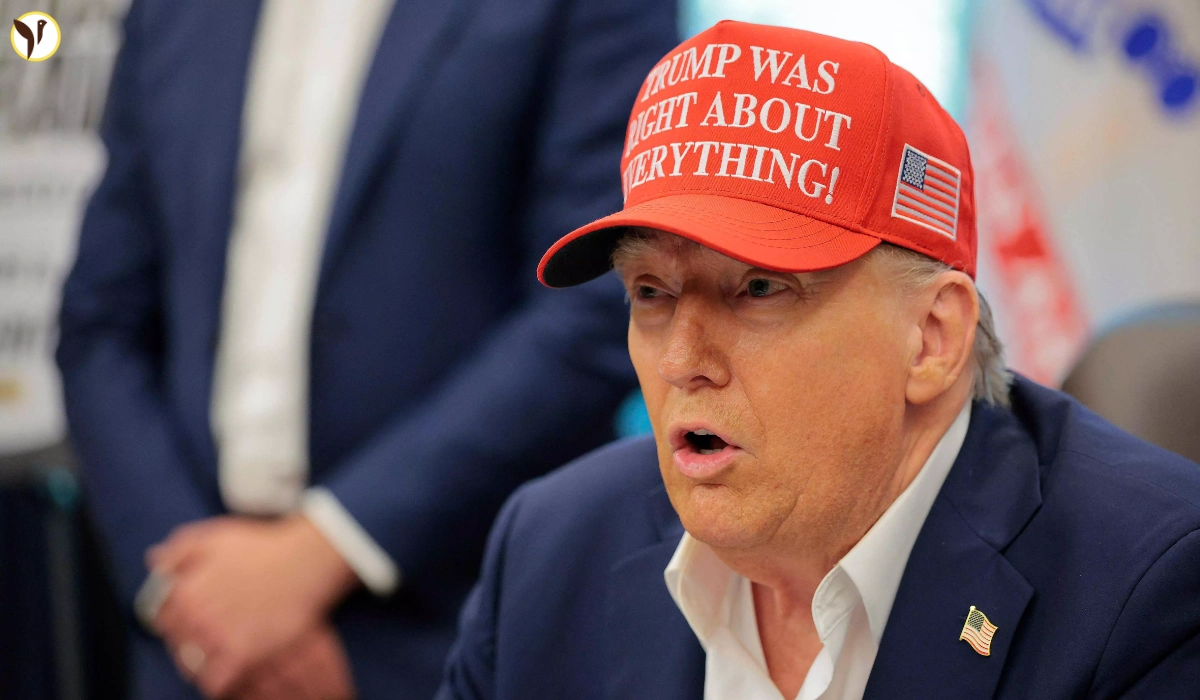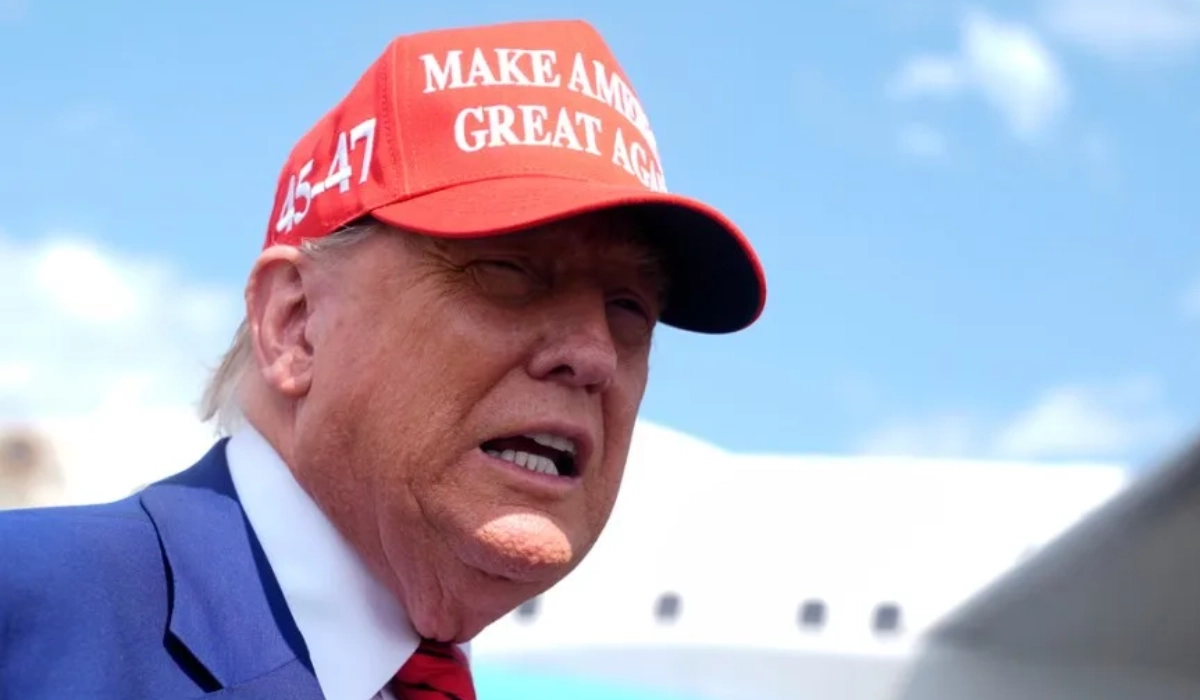On Sunday, Trump dismissed Moore’s invitation as “nasty and provocative,” adding Baltimore to the growing list of Democrat-led cities he has threatened to police with military force. The president’s remarks come just days after he deployed thousands of National Guard members and federal officers in Washington, D.C., and sent troops to Los Angeles despite pushback from state officials.
Trump Expands List of Targeted Cities
Governor Wes Moore, a Democrat and vocal critic of Trump’s security policies, invited the president to walk Baltimore’s streets with him last week. Moore argued that public safety should be addressed through cooperation, not confrontation.
Trump, however, struck back on his Truth Social account. He accused Moore of having a poor record on crime, claiming the governor was “fudging the numbers” like other Democratic leaders. He further warned that if Moore “needs help” like California Governor Gavin Newsom in Los Angeles, he would not hesitate to “send in the troops” as he has already done in Washington.
This threat places Baltimore alongside New York and Chicago, which Trump has previously targeted in his promises to “clean up crime.” He also made headlines last week by describing the U.S. capital as unsafe, even while hosting Ukrainian President Volodymyr Zelensky at the White House.
The move reflects Trump’s growing reliance on federal power to confront urban crime and homelessness, a strategy critics say undermines local authority. Supporters, meanwhile, argue that it shows his commitment to restoring law and order in America’s cities.
Baltimore Crime Picture Tells a Different Story
While Trump painted a grim picture of Baltimore, city data suggests a more hopeful trend. After violent crime surged during the pandemic—mirroring national patterns—the numbers have since declined.
-
Baltimore recorded 200 homicides last year, a 24% drop from the previous year and 42% lower than in 2021.
-
Violent crime fell by nearly 8% between 2023 and 2024, according to city figures.
-
Property crimes also decreased by around 20% in the same period, the Associated Press reported.
These figures highlight progress in crime reduction, even as the city continues to face challenges. Governor Moore has pointed to these improvements as evidence that local strategies are working, while Trump insists federal intervention is needed.
The political clash underscores a deeper national debate: should crime in U.S. cities be handled primarily by local governments, or should federal authorities play a more direct role? With Trump already pledging to expand federal involvement if re-elected, the conflict with Moore may signal how contentious urban security will be in the months ahead.
Governor of Maryland Wes Moore reveals over +300,000 people have LEFT Baltimore, Maryland due to HIGH CRIME RATE
— liveXclique (@liveXclique) August 25, 2025
"Baltimore used to be a city of 920,000 now its a city of just under 600,000" 🤦 pic.twitter.com/3Nfhm4sjIT
Conclusion
Trump’s threat to deploy troops in Baltimore adds another flashpoint in his battle with Democratic leaders over crime and public safety. While Baltimore’s crime numbers show signs of improvement, the president’s hardline approach signals that federal intervention could remain a centerpiece of his strategy. As tensions rise, the debate over local versus federal control of city policing is set to become an even bigger issue on the national stage










